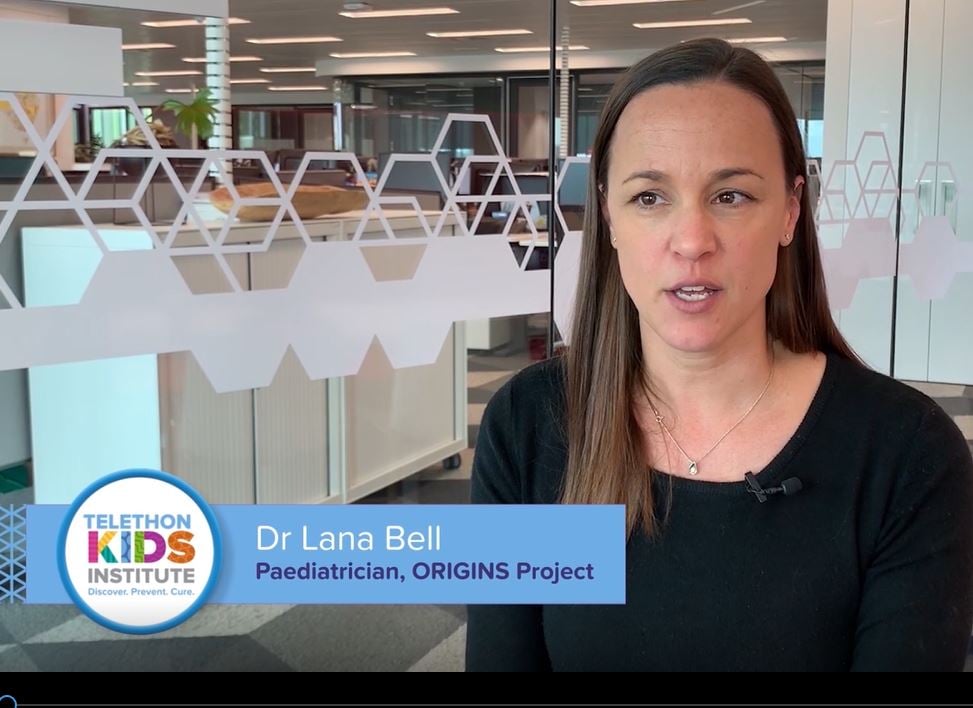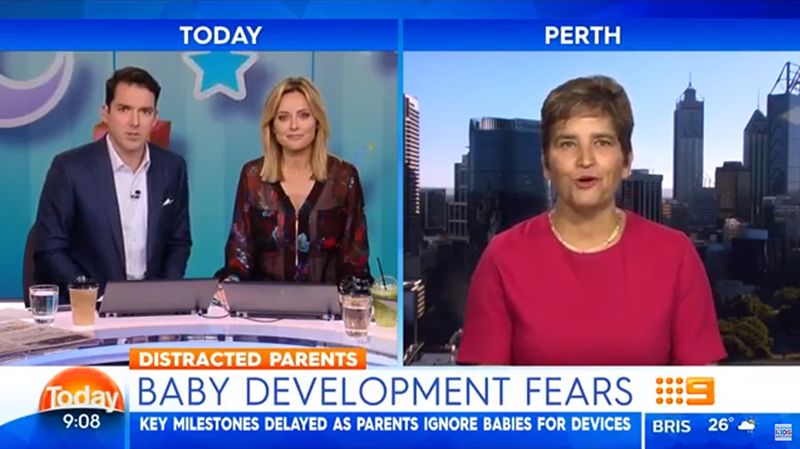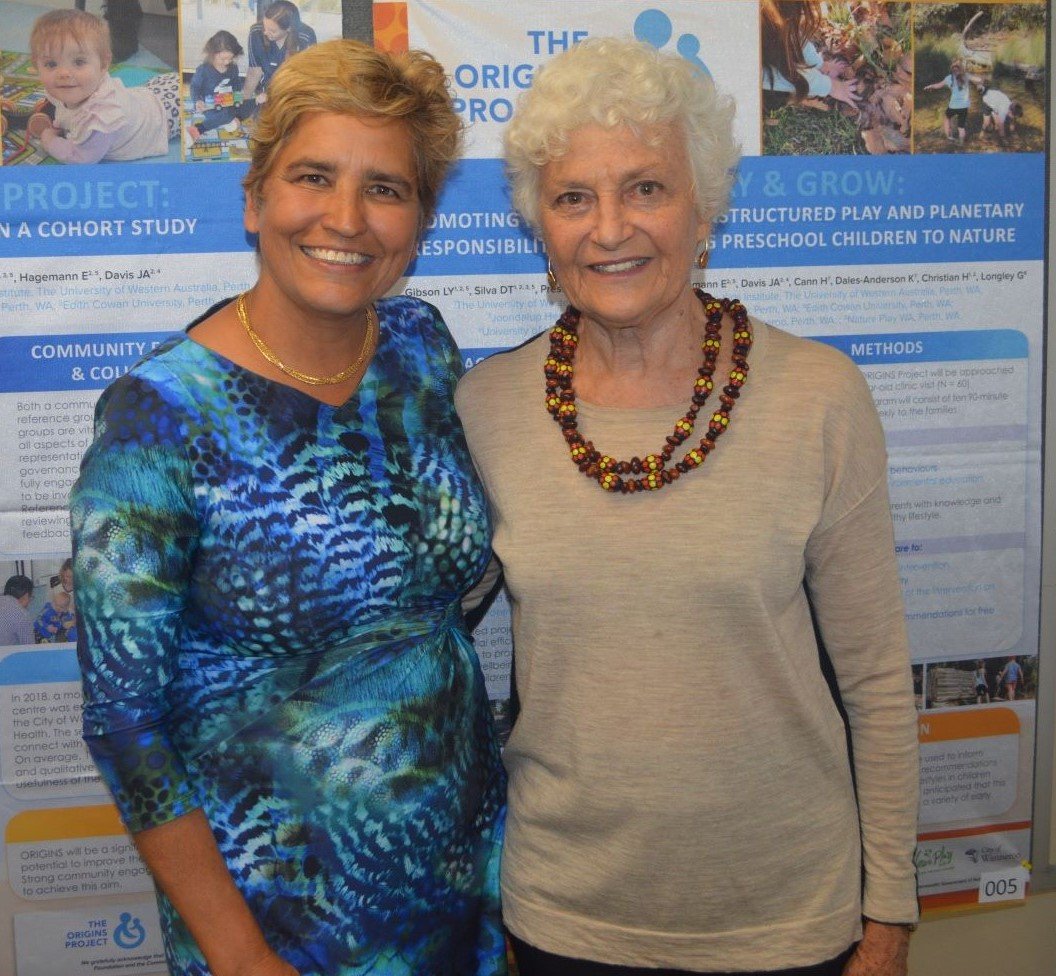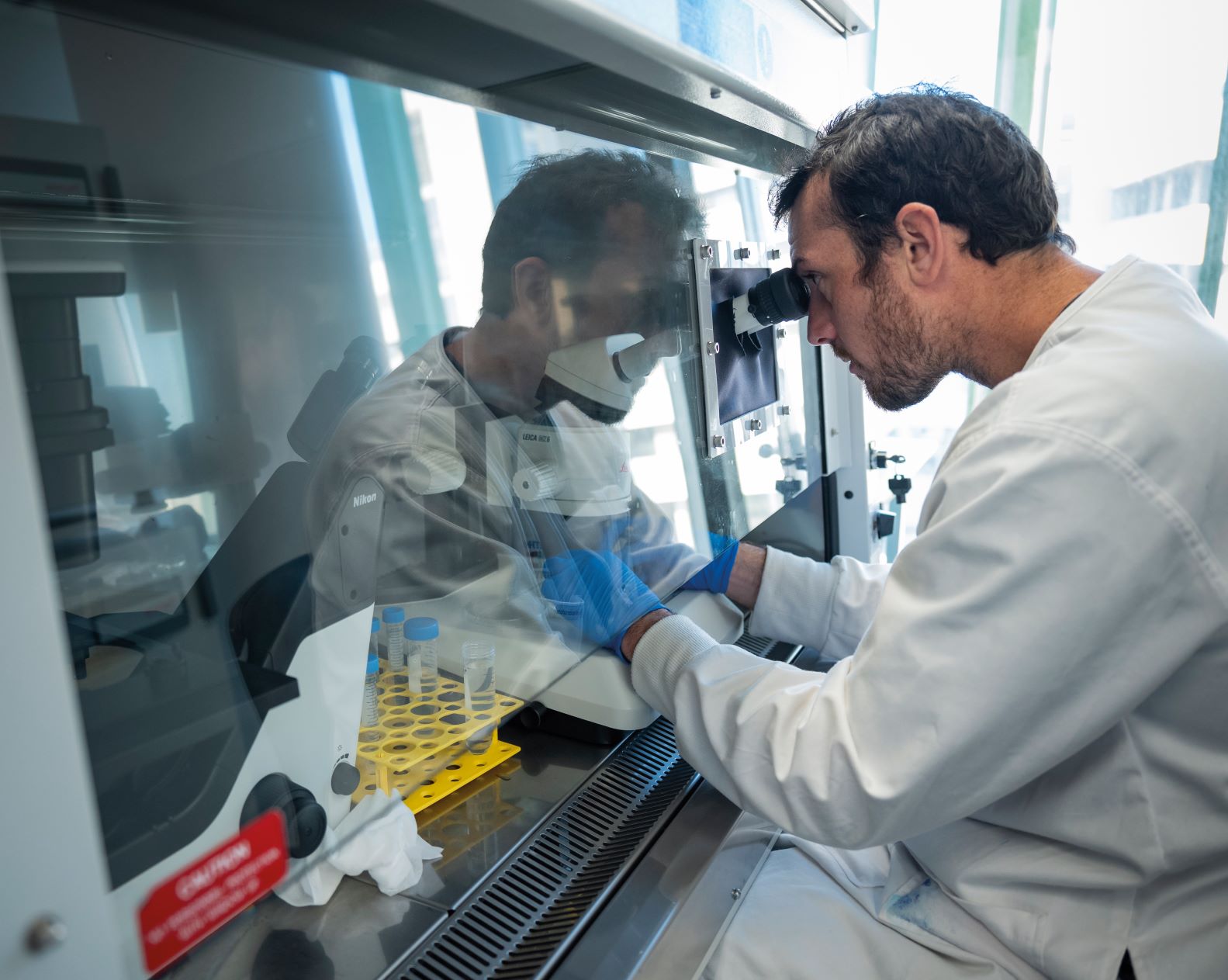Search

News & Events
Baby's Social and Developmental MilestonesPaediatrician Dr Lana Bell's tips on identifying baby developmental milestones

News & Events
Parents be alert but not alarmedThere is no doubt that developmental milestones play a very important role for parents.

News & Events
Aveley parents sign up ORIGINSCara and Peter signed up to The ORIGINS Project in 2017 when Cara was only six months pregnant with their first child, Oscar.

News & Events
Key milestones delayed as parents spend more time on devicesLeading paediatrician and Co-Director of ORIGINS Professor Desiree Silva says key developmental milestones like smiling are being delayed because parents are spending too much time on devices.

ORIGINS is a community resource that invites collaborative sub-projects and initiatives.

ORIGINS welcomes undergraduate, Honours, PhD, Masters, and Doctor of Medicine students, in addition to junior doctors or trainees wishing to undertake a research placement or project as part of their studies.

As your child starts to lose their baby teeth, you now have a special chance to support exciting new areas of child health research

Examining whether consuming prebiotic fibre in pregnancy reduces the risk of developing allergic disease in the first three years of life.

The Rio Tinto Children's Diabetes Centre is a research centre that aims to improve the lives of children and young adults living with diabetes by bringing together research, education and clinical care.
